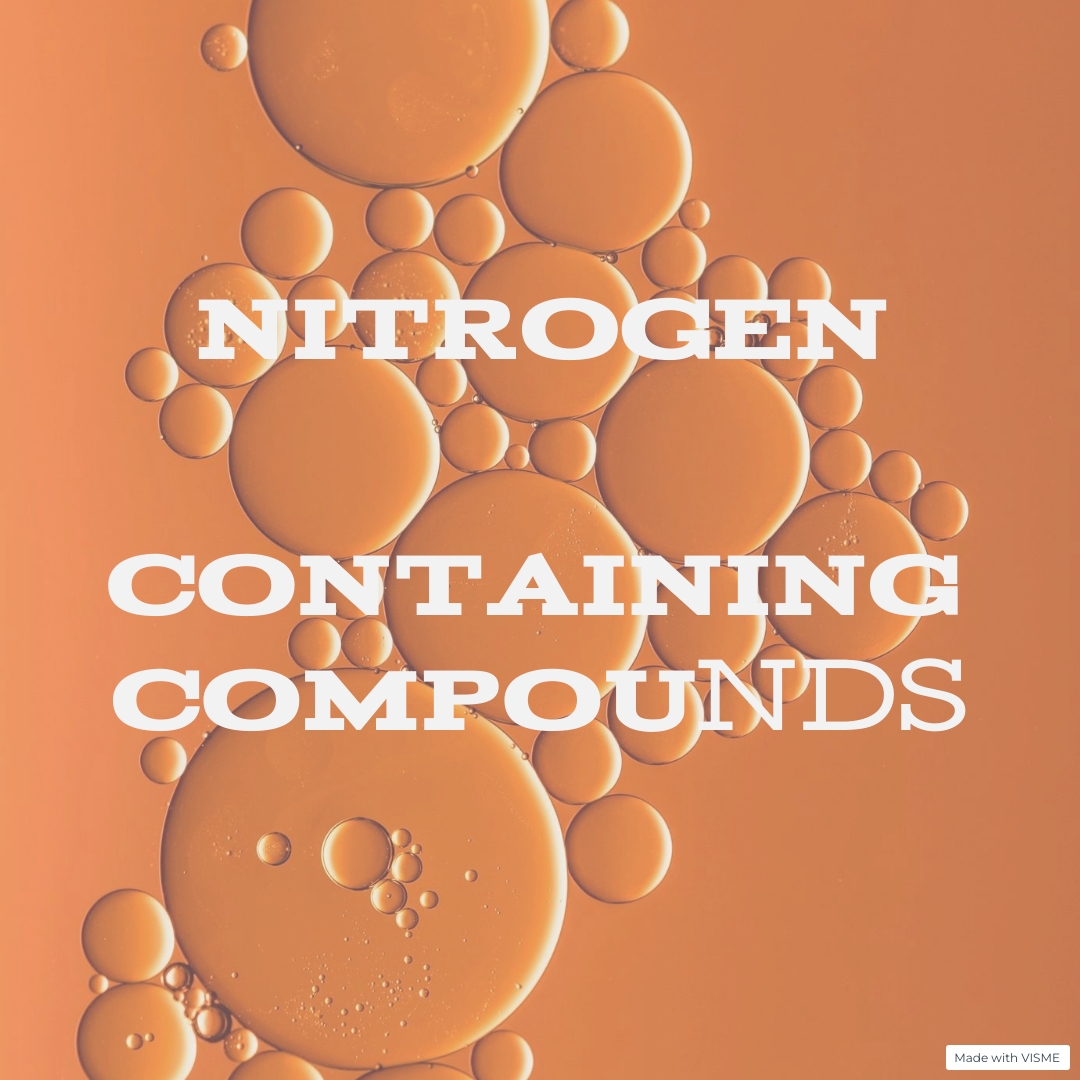The Demjanov rearrangement is a chemical reaction named after the Russian chemist Nikolai Demjanov. It involves the rearrangement of an alkylidene cyclopropane to form a different alkylidene cyclopropane. This rearrangement is an important synthetic tool in organic chemistry, particularly for the construction of cyclic compounds with increased ring size or different substitution patterns.
The general reaction scheme for the Demjanov rearrangement can be represented as follows:
Alkylidene cyclopropane→Different alkylidene cyclopropane
The mechanism of the Demjanov rearrangement involves several steps:
- Ring Opening: The reaction begins with the ring opening of the alkylidene cyclopropane, resulting in the formation of a carbocation intermediate. This step typically involves breaking one of the carbon-carbon bonds in the cyclopropane ring.
- Carbocation Rearrangement: The carbocation intermediate undergoes rearrangement via migration of a neighboring alkyl group or hydrogen atom to stabilize the positive charge. This rearrangement leads to the formation of a more stable carbocation species.
- Ring Closure: The rearranged carbocation intermediate then undergoes ring closure to form the new alkylidene cyclopropane product. This step involves the intramolecular attack of a carbon-carbon double bond onto the carbocation center, leading to the formation of a new cyclopropane ring.
Overall, the Demjanov rearrangement provides a synthetic route to structurally diverse alkylidene cyclopropane derivatives from simple starting materials. The rearrangement can be used for the synthesis of complex natural products, pharmaceuticals, and other organic compounds with cyclic structures. Additionally, variations of the Demjanov rearrangement have been developed to achieve specific synthetic goals, further expanding its utility in organic synthesis.

The Demjanov rearrangement finds several applications in organic synthesis due to its ability to convert alkylidene cyclopropanes into different alkylidene cyclopropanes, providing a route to structurally diverse cyclic compounds. Some key applications of the Demjanov rearrangement include:
- Synthesis of Cyclopropane Derivatives: The Demjanov rearrangement provides a convenient method for the synthesis of various cyclopropane derivatives with different substitution patterns and ring sizes. These compounds have applications in medicinal chemistry, materials science, and natural product synthesis.
- Ring Expansion: The Demjanov rearrangement can be used to expand the size of cyclic compounds by converting smaller cyclopropane rings into larger rings. This is particularly useful for the synthesis of medium to large-ring cyclic compounds, which are important in natural product synthesis and pharmaceutical development.
- Functional Group Interconversion: Alkylidene cyclopropanes obtained from the Demjanov rearrangement can be further functionalized to introduce different functional groups. This allows for the synthesis of complex molecules with multiple functionalities, enabling the preparation of advanced intermediates and target molecules.
- Total Synthesis of Natural Products: The Demjanov rearrangement has been employed in the total synthesis of various natural products and complex molecules. It provides a versatile method for the construction of key structural motifs found in natural products, enabling the efficient synthesis of these compounds.
- Cyclopropane Ring Cleavage: In some cases, the Demjanov rearrangement can lead to the cleavage of cyclopropane rings, providing access to linear or acyclic compounds with increased molecular complexity. This feature has been utilized in the synthesis of natural products and complex molecules with linear or acyclic frameworks.
- Method Development: Researchers continue to explore and develop variations of the Demjanov rearrangement to achieve specific synthetic goals. This includes the development of new catalysts, reaction conditions, and substrate scopes to expand the utility of the rearrangement in organic synthesis.
Overall, the Demjanov rearrangement is a valuable synthetic tool with diverse applications in organic synthesis. Its ability to transform alkylidene cyclopropanes into structurally diverse cyclic compounds makes it an important reaction in modern organic chemistry.








